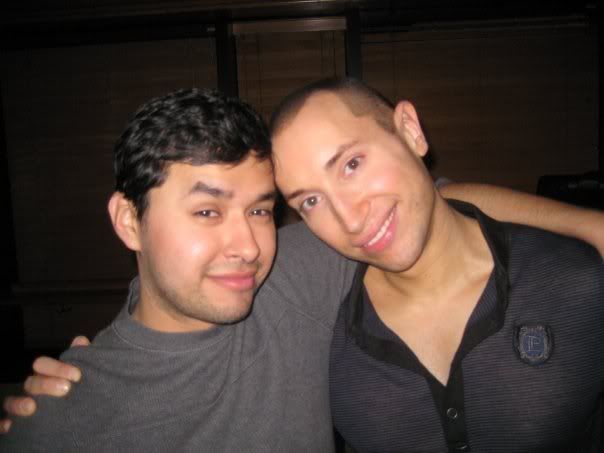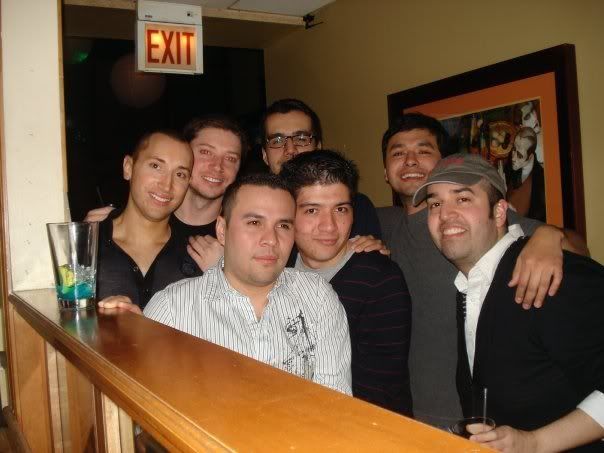
I sometimes get frustrated when I tell people (strangers or even friends) that I am in my last year of pharmacy school. I get frustrated not because I can't articulate a satisfactory description of what pharmacy school involves or exactly what pharmacists do in real life. I get frustrated because people who don't work in healthcare simply don't "get it". I suspect many people think I am getting some sort of two year associate's degree at a night school or they seem bewildered that pharmacists even have to go to school. They just count pills, right?
Wrong.
I don't think I am going to let myself get frustrated over this anymore because I understand why people think this way. I rarely watch TV but the other day I happened to see an episode of "House". While I was amused by the characters and the plot, I was absolutely horrified by the poor representation of pharmacists and hospitals in general. It's no wonder people don't realize pharmacy is a doctorate/professional degree similar to what a lawyer or physician must complete.
The episode was about a teenage boy who presents with a mysterious a sudden onset of life threatening symptoms that none of the medical staff can diagnose. I had several gripes with the story that I am sure can be applied to any of these stupid medical shows on TV.
1. It is true that the medical residents will sit in a conference room discussing patients. However, they don't have all day to talk about just one patient's problems. Even in a small community hospital there are probably more than just one or two sick people needing a diagnosis and/or treatment.
2. Physicians do not do laboratory testing. The majority of them probably never step inside the hospital laboratory. I thought it was a complete joke watching these "House" actors sit behind a microscope, use hematologic and blood chemistry analyzers and run electrophoresis gels in an attempt to diagnose their patient. That doesn't ever happen in real life. Period. There are specially trained professionals performing laboratory testing. They are called Medical Technologists and that is what my undergrad degree was in so I should know! ANd one other thing, hospital labs are running hundreds of tests every hour....not just a few tests for one special patient. Give me a break.
3. The hospital pharmacist doesn't stand behind a counter passing out medications and looking like an idiot. Pharmacists generally are rounding side by side with the physicians and medical residents making pharmacological recommendations, monitoring appropriateness of drug therapy and screens for adverse drug reactions or changes in lab values that may have been altered by drug therapy. The pharmacists who are actually in the central pharmacy are verifying orders and overseeing all of the sterile preparation of IV drugs.
4. A Vicodin addicted physician just can't help himself to the hospital pharmacy's controlled substance vault. Well, unless he wants the DEA to throw him in federal prison.
5. A pharmacist even working in a Walgreens doesn't fill a prescription for "Cold Medicine" with "Gout Medicine". I'm sorry, but the writers of "House" must be fucking idiots to think even the most retarded physician would write a prescription that simply says "Cold Medicine", much less assume that a pharmacist wouldn't question this or mistake it for something equally retarded like "Gout Medicine". Drugs are prescribed by their name, does, and frequency. Not by the illness they treat.
Anyhoo, while I am sick of people thinking I am getting some sort of basket weaving degree or that the extent of my career will be counting pretty blue pills or shiny purple tablets, I guess I can't blame them for not knowing any better!






























